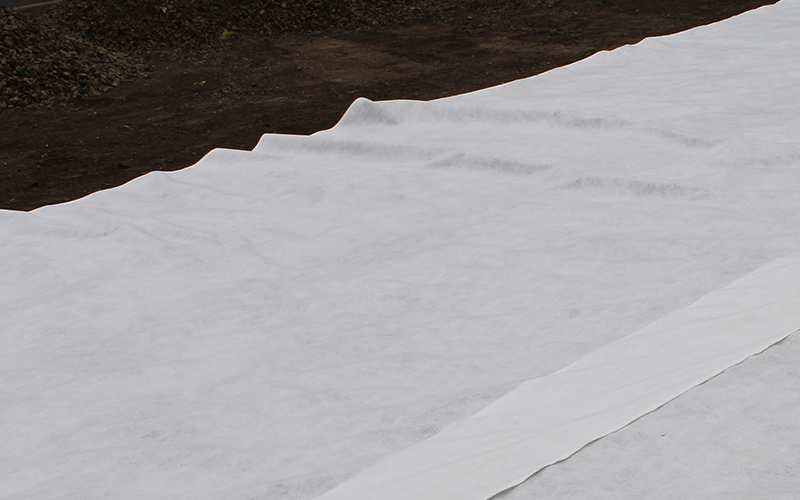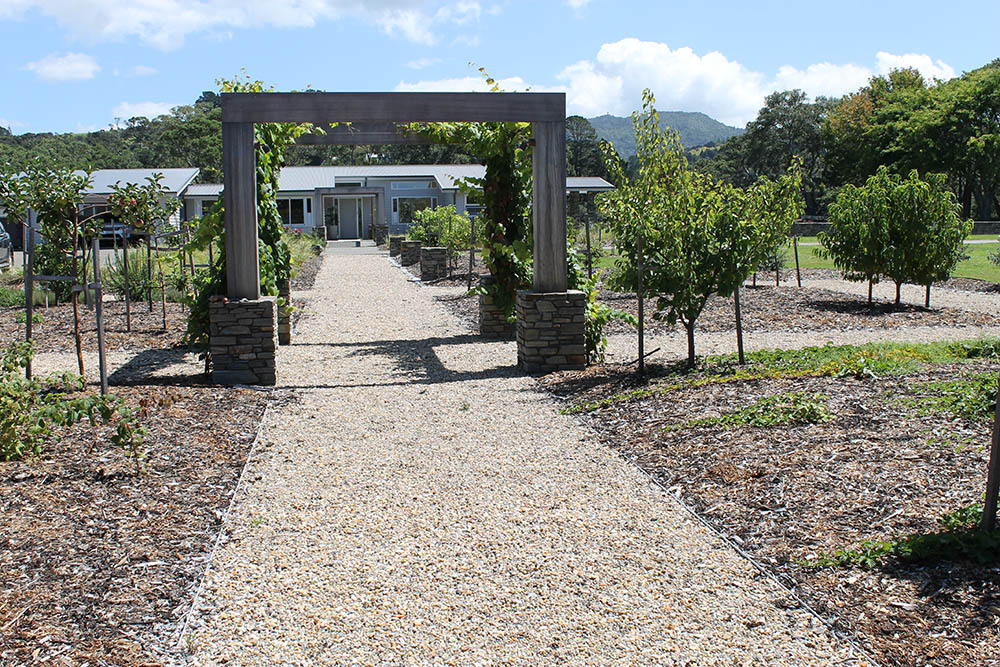Whether you’re holding an event at your home or having a bunch of friends over for a BBQ, car parking can be an issue. Often people might park on your lawn or grass verge, and although this can work as a temporary solution, it can cause an unsightly aftermath when everyone goes home.
This situation is even more challenging during the winter months when rain can cause waterlogged grass areas and pools of water on your lawn, making it unusable for anything other than a slip and slide. Deep bedded tyre tracks and slushy mud can leave your grassed surface uneven and patchy, ruining that perfect lawn you’ve groomed tirelessly. There are a couple of solutions available to remedy this issue.
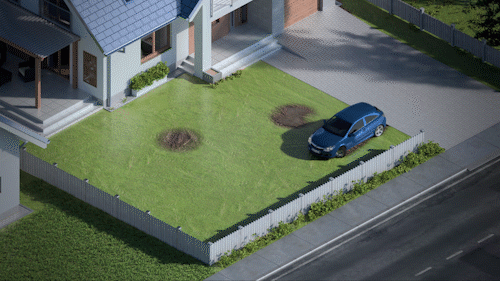
Concrete / Cobblestone Pavement
You could use concrete or cobblestones to create an extended parking area or patio, although concrete has its pros and cons. Depending on where you live there is often a limit to how much hard surface area you can have, and also concrete is impermeable meaning water cannot be absorbed into the ground below. Therefore, if you are conscious about your carbon footprint, then covering your yard with concrete can profoundly impact that rating as your property becomes less efficient at managing rainwater.
Concrete can look good when new, but over time cracks and degrades creating costly maintenance issues down the track. Is sacrificing your luscious lawn for overflow parking worth it or is there another option?
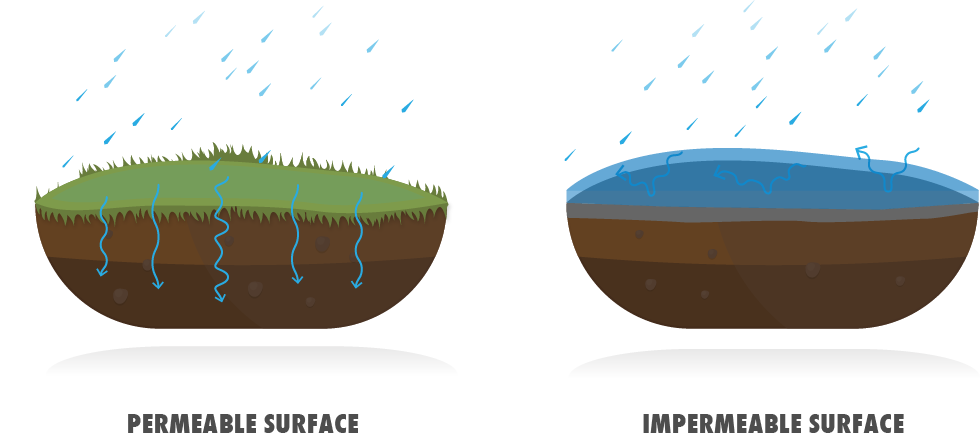
Permeable Pavement
Permeable pavements can either sit above or below the surface. An above surface pavement is constructed with interlocking concrete pavers looking similar to cobblestones, while a below surface pavement takes advantage of pavers constructed from polypropylene, hidden just below the surface to reinforce both grass and gravel applications. This method allows you to maintain the natural aesthetic of grass or stone while providing a stable and robust surface you can enjoy all year round.
A permeable pavement ensures there is no displacement or uneven ground while allowing water to drain directly through, maintaining the natural cycle of water and improving your property’s carbon footprint. The structure retains its strength during winter when the soil becomes saturated by supporting any weight on the paver surface. An ideal solution here is SurePave.
SurePave
SurePave is a 100% recycled and 100% recyclable plastic paver with the ability to withstand weights up to 700 tonnes/m2 and the capacity to accommodate all your visitors cars, as well as fully loaded trucks and even forklifts. SurePave has been successful in out-performing alternative paving systems in terms of strength and durability time and time again.
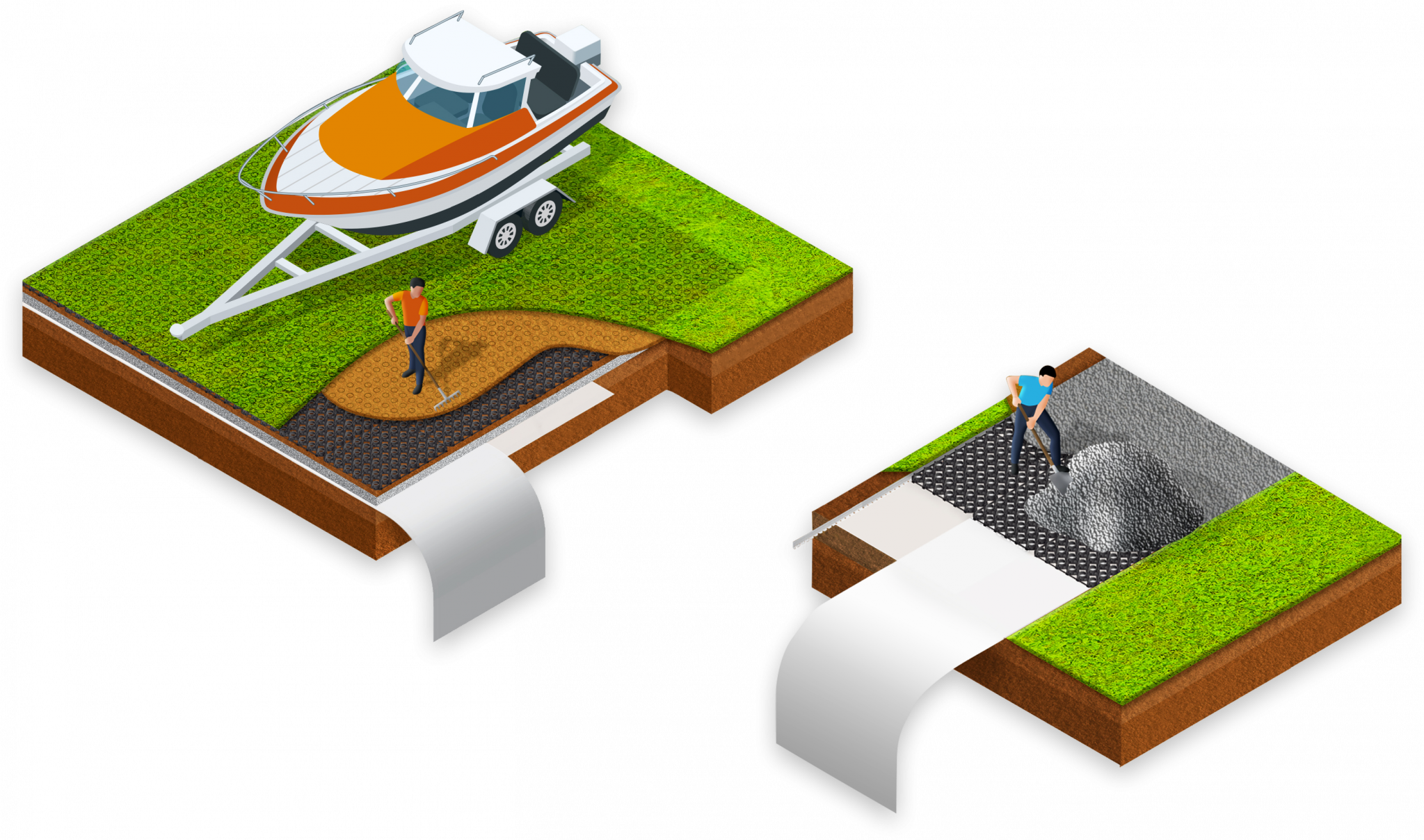
SurePave’s unique cell structure is designed to evenly distribute the weight placed on top, minimising compaction while also eliminating ponding due to its free draining, impermeable surface.
With the ability to work with grass and gravel SurePave allows a seamless transition between different surfaces. Check out how successful this driveway and hard stand area work with SurePave in both a grass and gravel application watch it here.
Reinforced Grass

SurePave pavers are designed with convenience in mind; the lightweight plastic panels add cost savings to all areas of your project including ease of installation, transportation and storage. Permeable paving with SurePave is an eco-friendly solution to traditional concrete or the next step in grass reinforcement, be it for overflow car parking, leisure areas, driveways, paths or any other trafficked area for grass or gravel.
Interested in pricing your project and discovering if a permeable pavement fits in your budget? Try CalcuPave – our simple paving calculator to get a cost estimate for your next paving project.
Find out more about SurePave permeable pavers. Available to buy from most hardware stores like Bunnings or Mitre 10.

